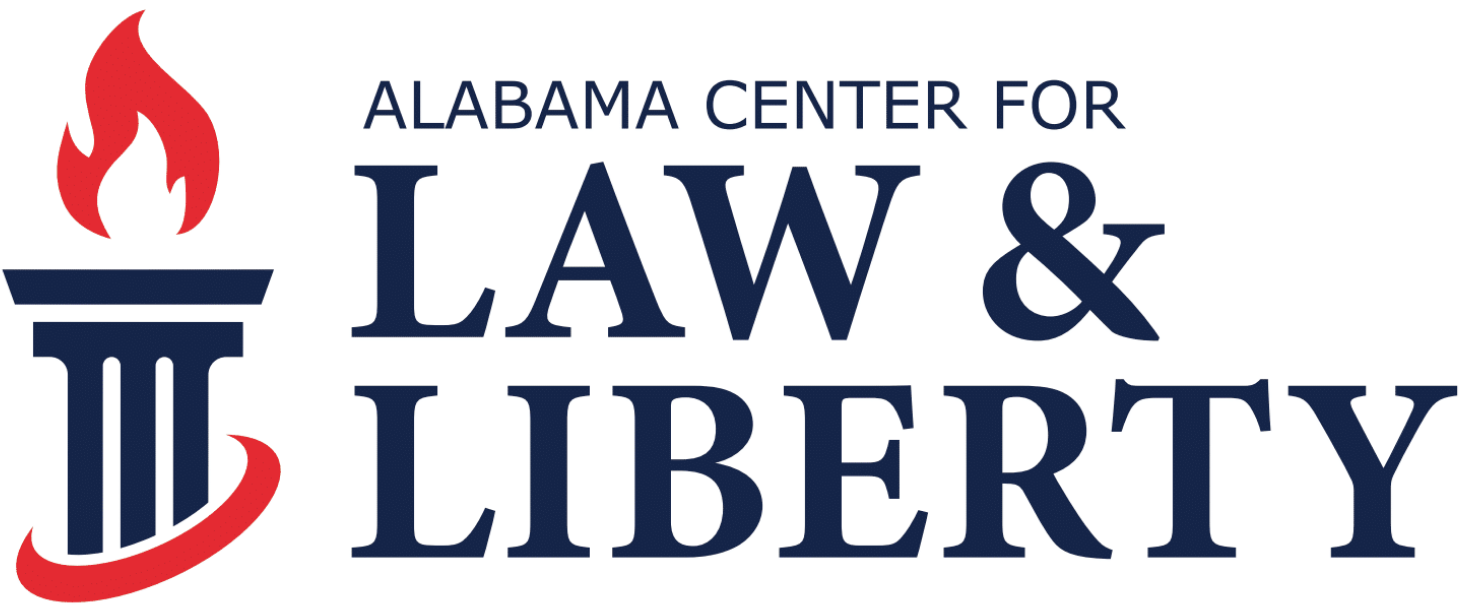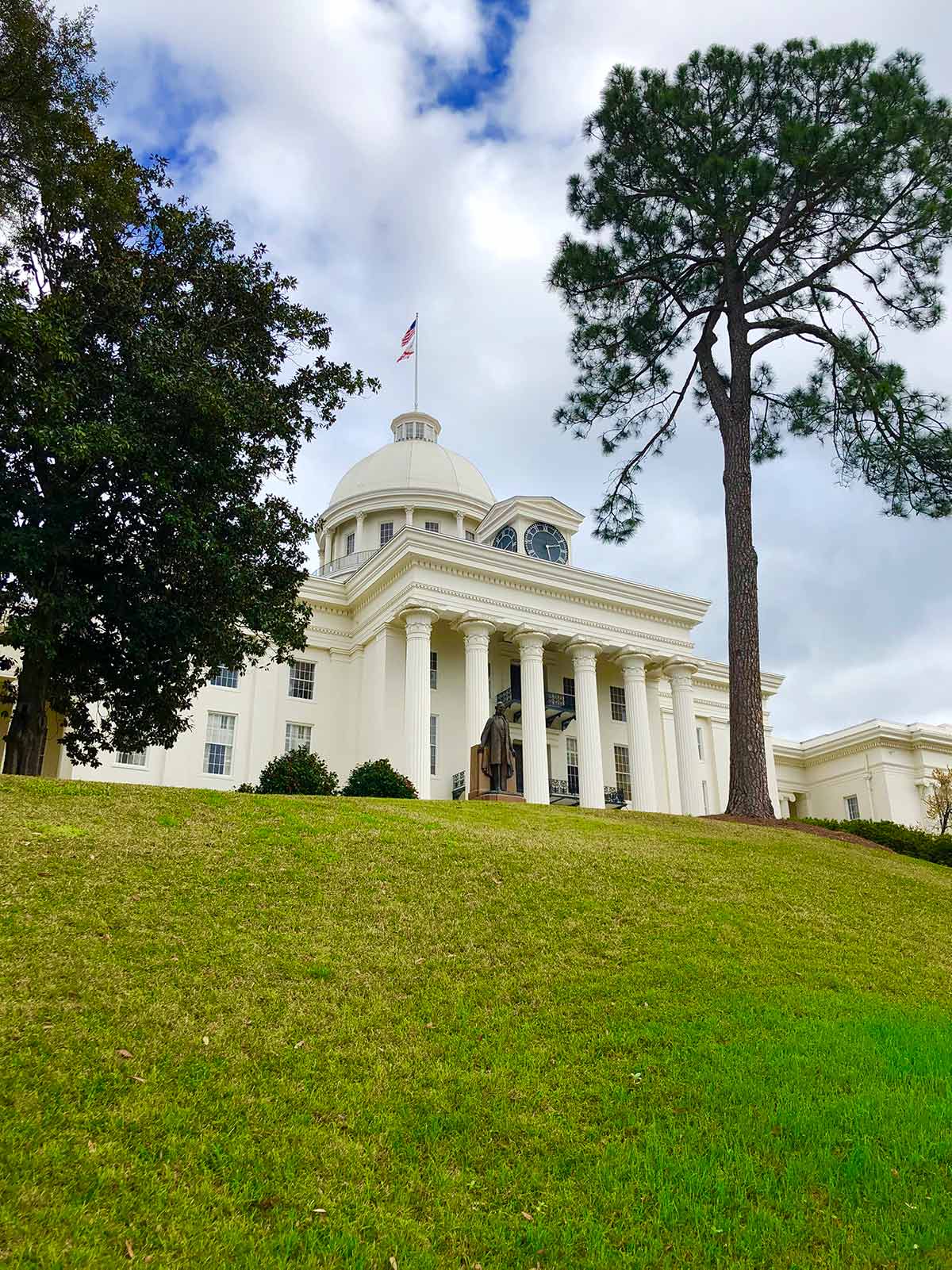FOR IMMEDIATE RELEASE: ALABAMA CENTER FOR LAW AND LIBERTY HIRES NEW INTERIM PRESIDENT AS MATT CLARK TAKES NEXT STEP IN CAREER
FOR IMMEDIATE RELEASE: ALABAMA CENTER FOR LAW AND LIBERTY HIRES NEW INTERIM PRESIDENT AS MATT CLARK TAKES NEXT STEP IN CAREER August 8, 2023FOR IMMEDIATE RELEASE ALABAMA CENTER FOR LAW AND LIBERTY HIRES NEW INTERIM PRESIDENT AS MATT CLARK TAKES NEXT STEP IN CAREER PRATTVILLE, AL — On Tuesday, August 8, Matt Clark, President of […]



